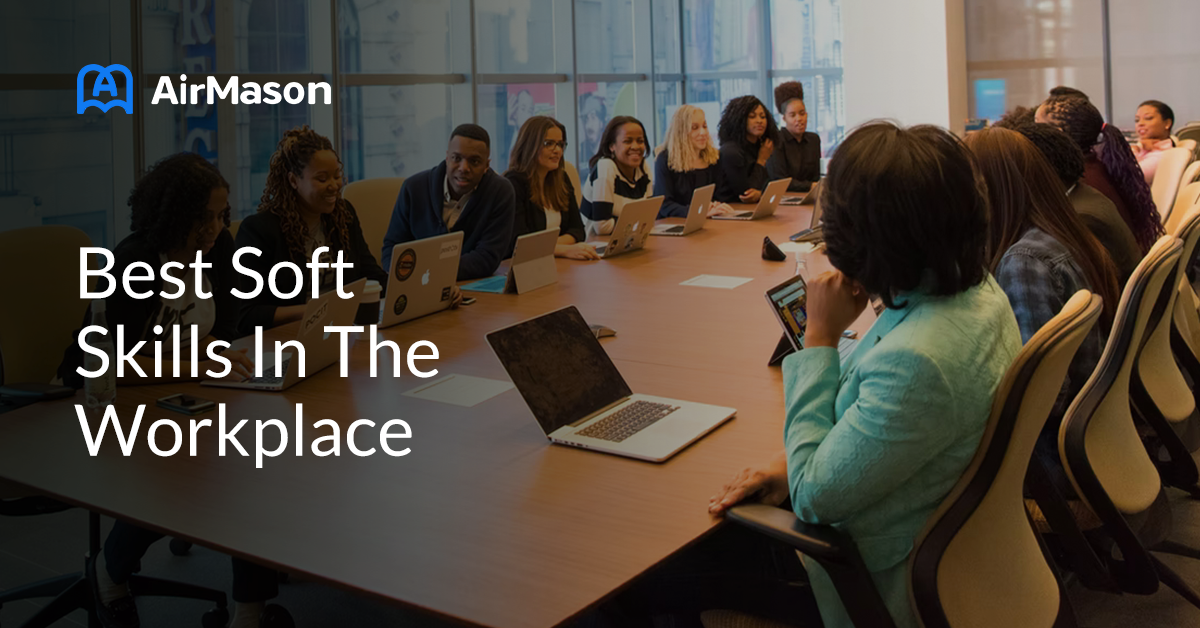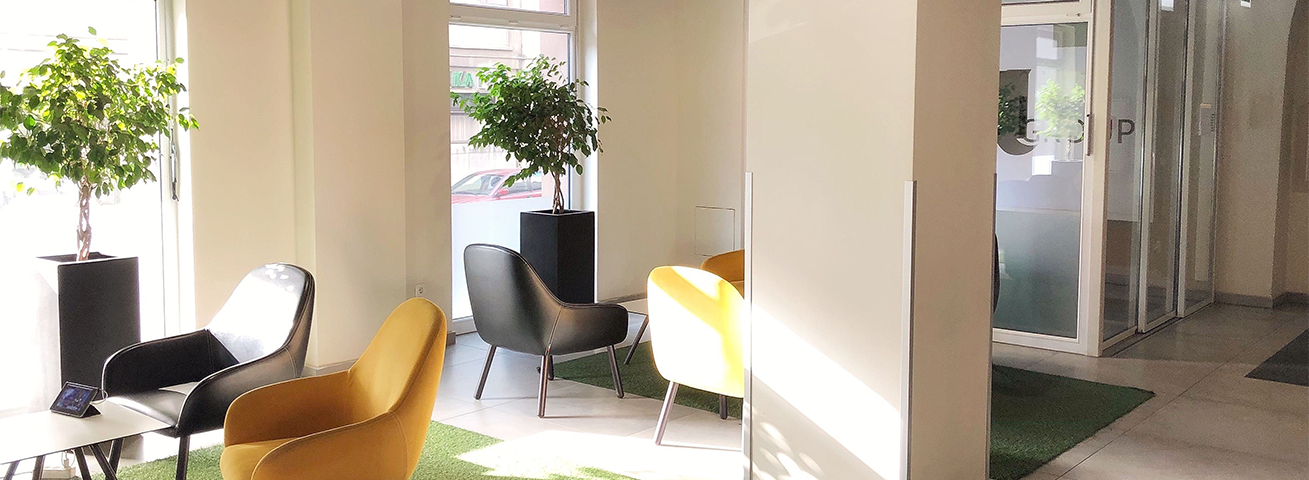
Everyone knows about hard skills that an employee can bring into a role, but how about their soft skills?
Soft skills in the workplace is a relatively new concept, as companies and HR leaders are only now starting to see the value of soft skills and employees who excel in them. While traditionally, companies favoured employees with a number of hard skills, this has now transitioned into an environment where soft skills are equally as important to an organization. According to a study in 2016, 93% of employers term soft skills as either very important or essential.
Your employees need just as many soft skills as they do hard skills! But no need to panic, by taking the time to take a look at the skills needed and desired in any field, you ll be setting yourself up for success. By taking a look at what soft skills are most effective in your workplace, you ll be able to focus on hiring new candidates who shine at these soft skills, and know how to train and develop current employees for them to grow their soft skills in the workplace.
Focusing on the soft skills needed in your workplace helps you align your organization, and assure that everything is running smoothly in all departments. For example, aligned companies churn 36% fewer customers each year and close 38% more sales proposals compared to non-aligned companies. Identifying your company s necessary soft skills in the workplace is one of the best steps you can take to reach organizational alignment!
Let s start by taking a look at what exactly soft skills are!
What exactly are soft skills?
Soft skills in the workplace can be a difficult concept to explain, as most employees consider skills to be associated with knowledge in technical tasks. The best definition of soft skills we found comes from our friends at The Balance Careers, who explain soft skills as,
Soft skills relate to how you work. Soft skills include interpersonal (people) skills, communication skills, listening skills, time management, and empathy, among others.
Hiring managers typically look for job candidates with soft skills because they make someone more successful in the workplace. Someone can be excellent with technical, job-specific skills, but if they can’t manage their time or work within a team, they may not be successful in the workplace.
The antithesis to soft skills in the workplace are hard skills, which for a long time have been considered the only useful and relevant skills that an employee should have. While yes, hard skills are incredibly important, they are not the only thing that employers should look at when considering hiring a new employee.
Here at AirMason, we help companies identify and list these soft skills in the workplace by helping them build incredible employee handbooks. Your employees deserve to know exactly what soft skills they need to have to thrive in the workplace, build them a visual digital handbook that ll become their most useful tool today!
Why do these soft skills in the workplace matter?
We touched on the importance of soft skills in the definition shown in the section above, but to be more clear, it s incredibly important to know how an employee works in your workplace from more than just a technical skill set. Without looking at soft skills, an employee might be hired that doesn t like to work collaboratively, or has very low adaptability, which can be incredibly detrimental to an organization who relies heavily on employees.
Hiring employees is a hard thing to do, as many people struggle to find the right fit for their organization. For any given job application you may have a number of people applying with relevant skillsets, but how exactly do you know how to find what would be the best fit? The solution to this is:
- Identifying the soft skills needed in your organization
- Openly asking employees what their strengths are when it comes to soft skills
The last thing you want to do is hire someone who isn t a good fit for your organization. Engaging your employees from the moment they re onboarding requires a strong look at your soft skills.
What are the best soft skills in the workplace?
The section you ve all been waiting for! While there s a bunch of soft skills that can be listed here, we ve listed the top five soft skills in the workplace that you need to focus on when looking at new hires.
Communication
This soft skills can encompass a lot, but specifically this focuses on an employee’s communication skills within an organization to their other team members. Not every employee will be someone who needs to speak to clients, however that doesn t mean that they shouldn t be skilled communicators. Some points about communication that should be considered are:
- Do they have any presentation skills?
- Do they respect their coworkers?
- Can they communicate effectively with coworkers?
- Do they have solid written and oral communication skills?
- Can they take and provide constructive feedback?
- Would you consider them to be friendly?
Teamwork
All of your employees will need to be interacting with one another, and because of that it s crucial to have an employee skilled at teamwork. Individual work skills are incredibly important, but being able to contribute to a team effectively will help your organization far more than just individual skills!
When thinking about teamwork, does this potential employee:
- Have soft skills in conflict management?
- Can delegate and provide feedback?
- Collaborate well and accept ideas other than their own?
Adaptability
An employee’s workload is almost never the same every single day, and because of that it s essential to take a look at how an employee can adapt to different tasks and scenarios. Can they easily move from one task to the next, or accept last minute changes that greatly impact their project? Are they organized and open-minded when it comes to being in a situation they might not be fully comfortable in?
Problem Solving
Work days almost never go without a set of problems or changes that come up and need to be addressed! With that in mind, are your employees comfortable with problem solving and approaching situations that might be difficult? Do they have logical and creative thinking to come up with different solutions or out of the box solutions without needing to consult others? Can they brainstorm different paths to take and then make a final decision on what to do?
Creativity
An employee should always be looking at new and interesting ways to do their work and innovate. Without that, an employee just does the same task everyday without contributing anything new to an organization. Are your employees imaginative and like to think of new concepts and ideas? Are they constantly looking to try new things and expand from their original points? Or do they stay within their box and continue the mundane day-to-day tasks.
It s time to start looking at soft skills!
We re glad that you ve taken the time to look at your organization s skillset needs and realize that more needs to be done than just focusing on hard skills. By taking the time to build more than just technical skills, you ll find yourself growing a more cohesive organization and a better running one at that.

